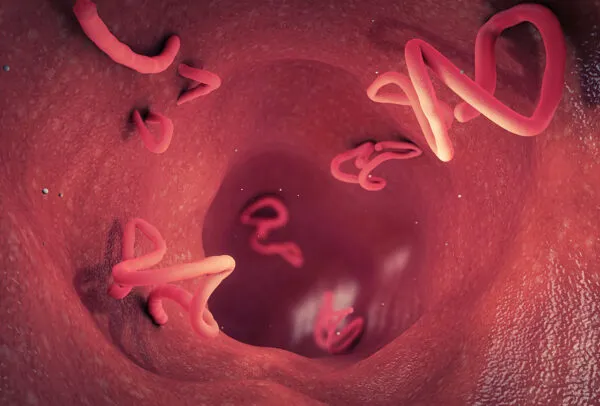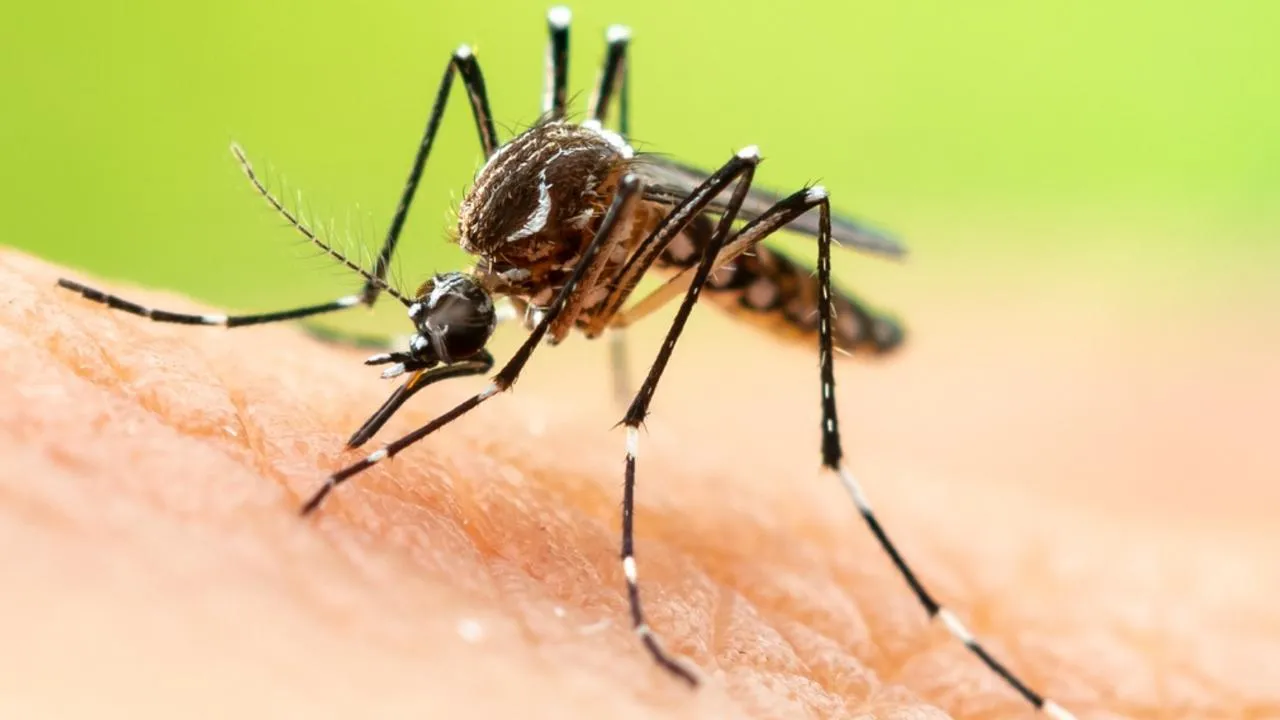A seminar on “AI for Forensics: ‘Generalizable and Safe Deep Models for Fingerprint Preprocessing’ took place at Panjab University, organized by the Northern Region S&T Cluster (PI-RAHI) as part of the “AI for Good” series. The lecture, delivered by Dr. Indu Joshi, Assistant Professor at the National Institute of Technology Delhi, drew attendance from students and faculty in Biochemistry, Forensic Science, Microbiology, and Anthropology departments.
Dr. Joshi addressed common issues in latent fingerprinting, emphasizing data uncertainty due to noise in input. While computer-based applications aid fingerprint analysis, their lack of generalizability, reliability, and safety in deep learning models limits their use in forensic investigations.
Dr. Joshi discussed challenges specific to the Indian population, as Western data lacks reliability for indigenous populations. Automatic matching of latent fingerprints faces difficulties due to inadequate ridge structure, overlapping noise, and other complications.
Dr. Joshi presented an enhancement approach using generative adversarial networks to improve ridge quality and predict ridge information, enhancing fingerprint quality while preserving ridge structure.
The AI application by Dr. Joshi focuses on providing consistent data in the presence of perturbations, using the Monte-Carlo dropout method to estimate uncertainties.
This improvement aids forensics experts in precise fingerprint matching and has applications in medical imaging. The application aims to enhance latent fingerprint matching performance for standard feature extraction and matching algorithms, benefiting forensics and law enforcement.
The seminar offered attendees insights into nuanced methodologies, ethical considerations, and practical implications of using AI for fingerprint analysis. It highlighted the intersection of technology and forensic science, emphasizing the commitment to harnessing AI for the greater good with ethical standards and accountability.






















